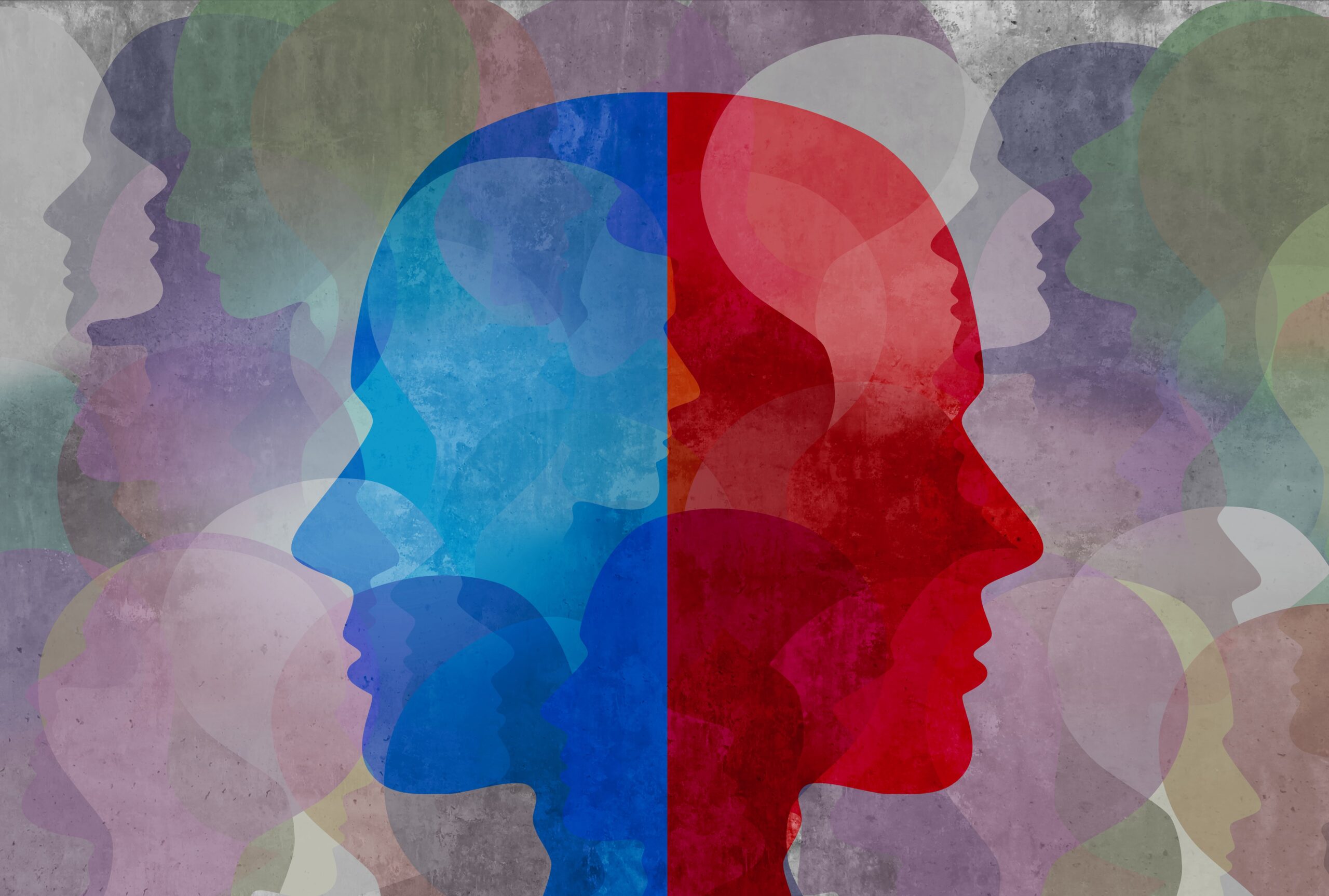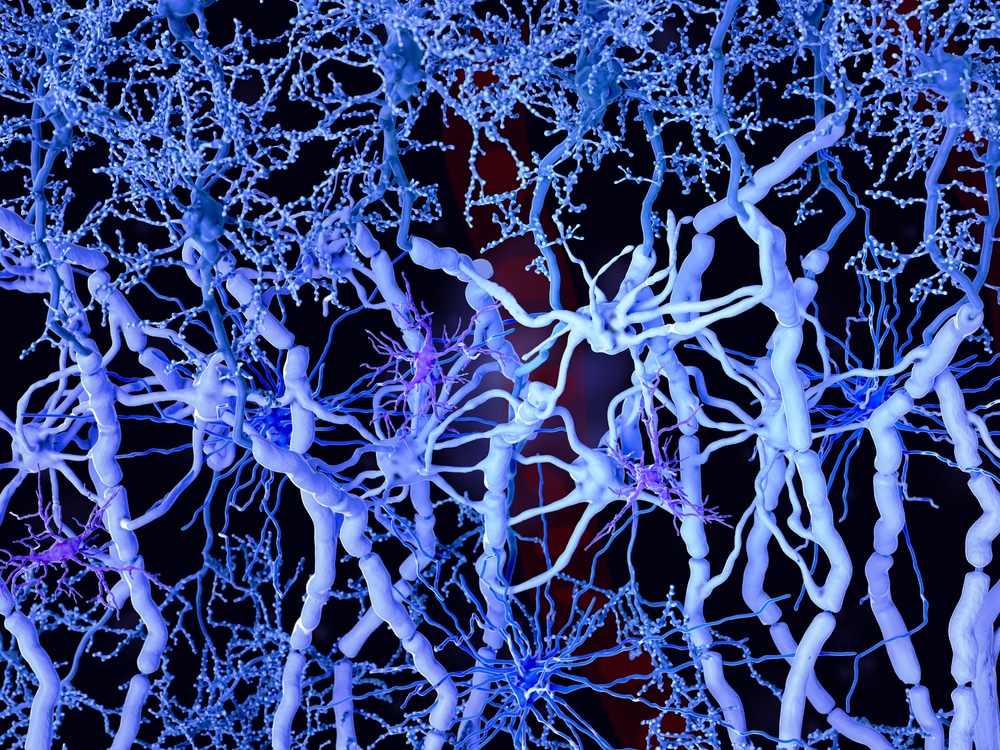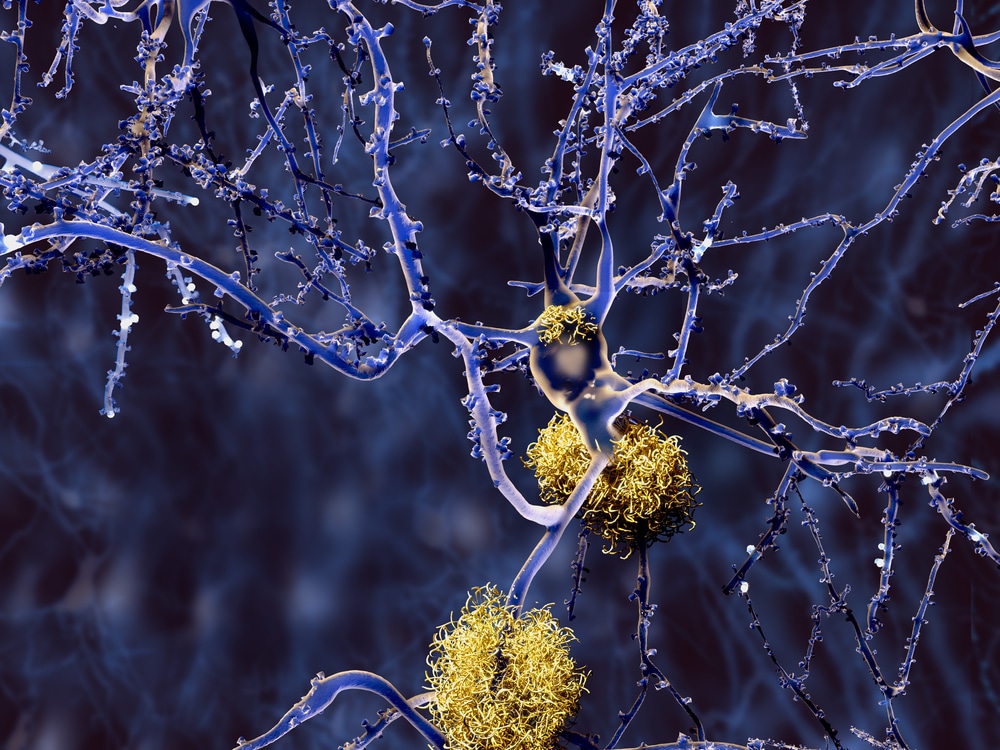Therapeutic Areas
Newly Identified Schizophrenia Treatment Target Offers Hope
Schizophrenia is a chronic and severe psychiatric disorder that requires lifelong treatment. While schizophrenia does not have a cure, the most common and successful method of treating and managing symptoms has historically been a combination of antipsychotic medications and psychotherapy. However, this treatment regimen has limitations. While antipsychotic medications are widely available and can be ...
Researchers Use Open Field Test to Explore the Connection Between Anxiety, PTSD, and Myelin
An estimated one in 11 people is diagnosed with post-traumatic stress disorder, or PTSD. People with PTSD struggle with intense anxiety that lingers long after the traumatic event, which can make day-to-day life extremely difficult. But now, a new study sheds light on brain characteristics of individuals with PTSD, paving the way for innovative treatments ...
5xFAD Transgenic Mouse Model Facilitates AD Breakthrough
Reactive oxygen species, or ROS, are unstable molecules produced during mitochondrial metabolism. These molecules can cause a host of problems, attacking brain tissue and causing oxidative damage. Now, a group of scientists has found a link between ROS and Alzheimer’s disease (AD), demonstrating that AD progression is closely associated with oxidative brain damage caused by ...
Could the NPC1 Gene Help Fight COVID-19?
Named for the disease it causes when mutated (Niemann-Pick Disease Type C), the NPC1 gene is located on human chromosome 18. Its normal function is to provide instructions for making a protein located in the cell’s membrane of endosomes and lysosomes. The resulting protein, also called NPC1, regulates the movement of cholesterol and fatty cells in these ...



